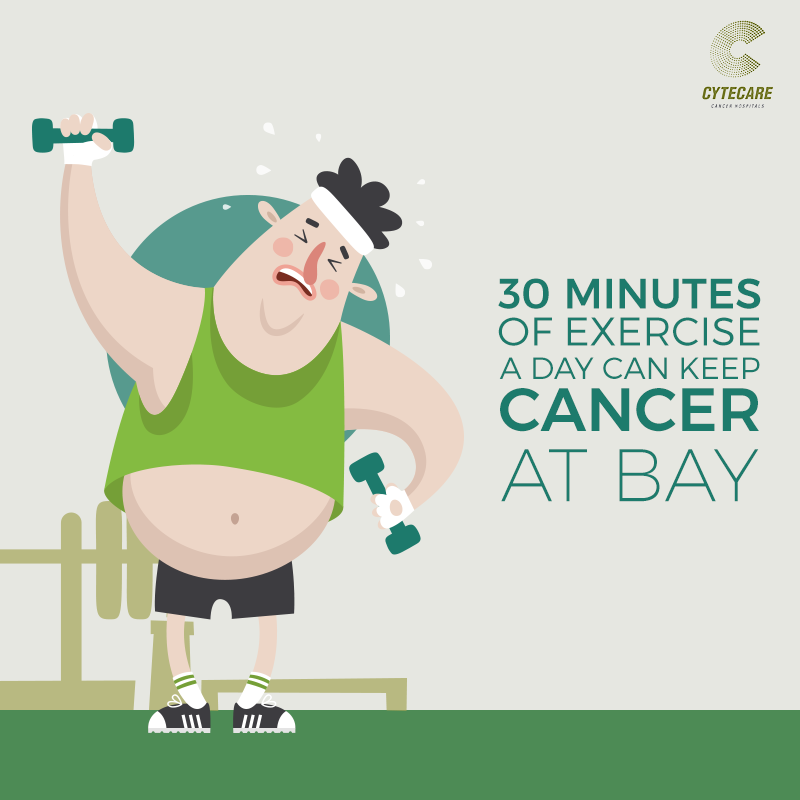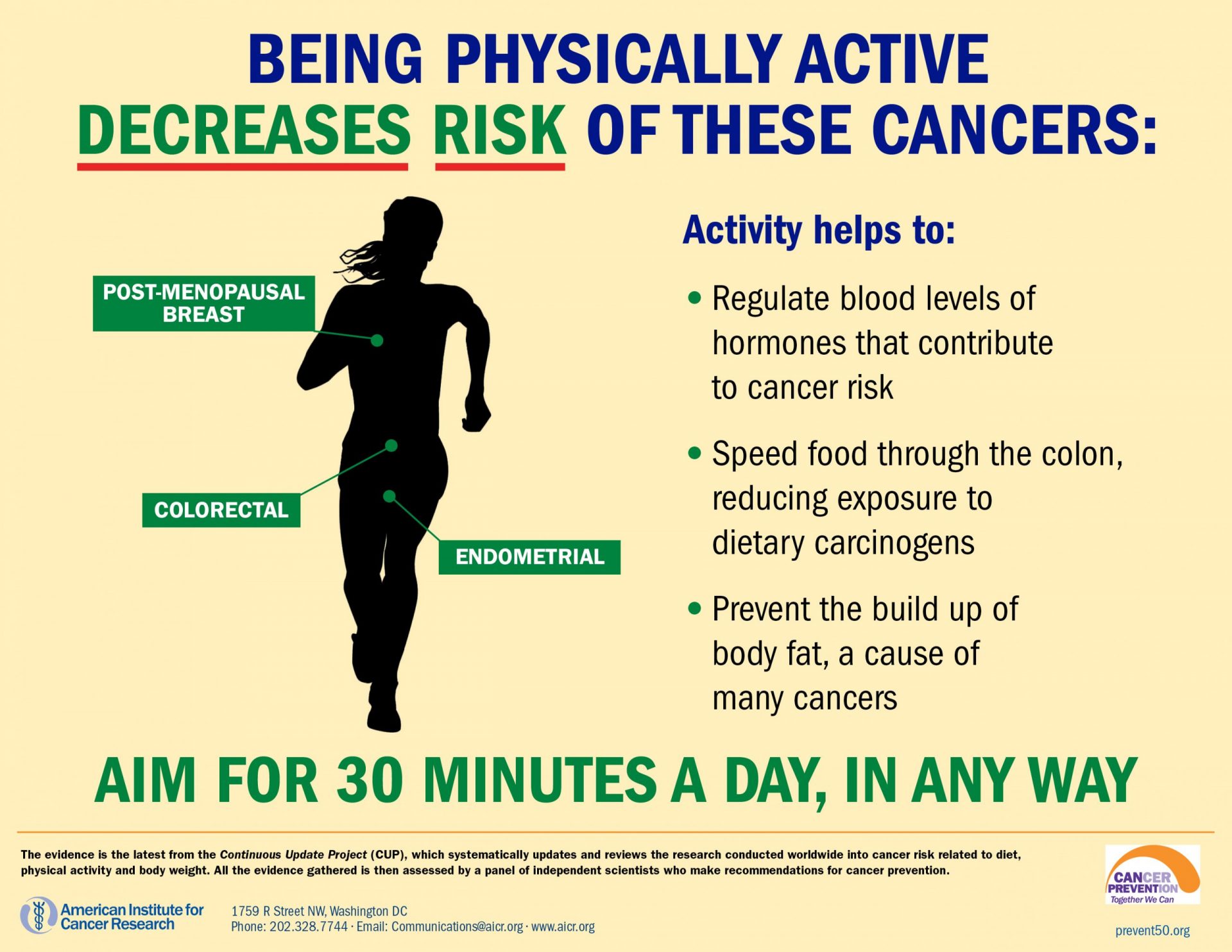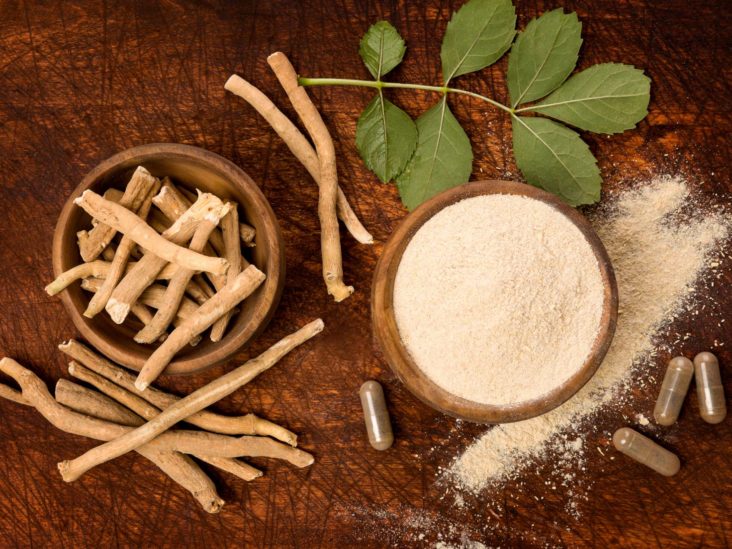Exercise is for more than just weight loss. From your nose to your toes, working out has many total-body benefits, both inside and out.

If you want to lose weight and keep it off, you know that exercise should be an essential part of your routine. But the benefits of physical activity go far beyond just physical fitness. Increasingly, more and more research is showing that working out regularly can boost other aspects of your health as well, including cognitive function and emotional well-being.
A regular fitness routine has been shown to have a wide-range of positive health effects, such as a lower risk of cancer and stroke, better cardiovascular health, stronger muscles, and slowing of bone density loss associated with age.
Exercise has also been linked to better brain health and emotional well-being. And a study published in the journal Circulation found that exercise, even without weight loss, may help you live longer.
Here’s how Christopher Berger, PhD, CSCS, an exercise physiologist and clinical assistant professor at Arizona State University in Pheonix, sums it up: “Everything improves with exercise.”
And perhaps one of the best new findings about exercise — especially if you, like many people, struggle to find the time to fit it into a busy day — is that all those benefits of physical activity can be had even if you only squeeze in a few minutes of exercise a day. While doctors used to think that we needed to engage in 30 to 60 minutes of exercise a day, new research is finding that we can see benefits with shorter bursts of physical activity. “As little as 15 minutes a day of high-intensity activity that leaves you breathless, like swimming, can kick start your metabolic rate and reduce body fat and increase muscle mass,” says Dr. Berger.
In a widely-cited study published in February 2013 in the American Journal of Health Promotion, researchers at Oregon State University looked at more than 6,000 American adults and found that even small amounts of physical activity — like pacing while talking on the phone or doing some jumping jacks during commercials while watching TV, as long as these short bursts of exercise add up to 30 minutes a day — can be just as beneficial as longer workout sessions at the gym.
And you don’t need to sweat buckets to see the benefits of exercise, either. According to the physical activity guidelines from the Centers for Disease Control and Prevention (CDC), 150 minutes of moderate-intensity exercise with two days of strength training per week yields the same health benefits as 75 minutes of high-intensity exercise with two days of strength training each week — as does a combination of moderate- and high-intensity exercise, plus two strength training workouts.
So what are some of the many ways exercise can benefit your health? Read on to learn about 10 health reasons to break a sweat today.
With additional reporting by Katherine Lee.
Exercise Boosts Brain Power

Research is finding that as we age, exercise may be able to help keep our brains healthy. Three studies presented at the 2015 Alzheimer’s Association International Conference showed that regular exercise may play an important role in protecting your brain from Alzheimer’s disease and other forms of dementia, and may help improve brain function and symptoms such as depression or anxiety in those who have these conditions.
And research published in November 2017 in the journal NeuroImage showed that aerobic exercise may be helpful in improving memory function and maintaining brain health as we age. The study, led by researchers at Australia’s National Institute of Complementary Medicine at Western Sydney University, looked at brain scans of 737 people ranging in ages from 26 to 76. The group included a mix of healthy adults, people with Alzheimer’s and other cognitive impairments, and people with a clinical diagnosis of mental illness, including depression and schizophrenia. The researchers found that exercises, like riding a stationary bike, running on a treadmill, or walking, slowed down the deterioration of brain size and slowed the effect of age on brain health.
Science is also showing that even short bursts of exercise can have a significant impact on your brain function in the short term. A study published in January 2018 in the journal Neuropsychologia found that when participants cycled for 10 minutes (either moderately or vigorously) on a stationary bike, their measured reaction times to a cognitively demanding task were significantly more accurate and faster than when they did the task after not doing any physical activity, meaning their attention was sharper.
So the next time you’re about to do something that’ll require some focus, like taking a test or giving a presentation, you might want to do some jumping jacks to get your blood flowing first.
Exercise Helps Prevent Osteoporosis

“Exercise of various types can help prevent osteoporosis, thinning of bones, fracture risk, and falls that are associated with fractures of the hip, spine, and wrist,” says Larry McCleary, MD, retired acting chief of neurosurgery at Denver Children’s Hospital in Colorado, and author of Feed Your Brain, Lose Your Belly. “Types of exercise that help include aerobic exercise, resistance training, and even exercises that increase balance and agility.” Tai chi may also be beneficial when it comes to improving balance and muscle strength.
In kids and teens, regular exercise can help build strong bones. In adults, exercise can help slow the loss of bone density that happens with age, and can help improve balance and coordination, which can help prevent falls, says Berger.
Exercise Helps Our Muscles Age Well

As people enter their forties and fifties, muscle mass starts to decline because of aging and, in some cases, decreased activity levels. Muscular atrophy can also occur because of health conditions, such as joint pain. As we age, it’s important to increase or maintain muscle mass through strength training, not only because it helps burn calories, but also because muscle mass is essential for strength and balance.
More Exercise Means Better Sex

Regular exercise can also boost your sex life. “When a person is aroused, blood flow rushes to the genitals,” says Stacy Berman, ACE, owner and founder of Stacy’s Bootcamp in New York City. “The better the circulation, the less likely one is to suffer from sexual dysfunction.”
Working out can also improve mood and boost confidence and self-esteem, all of which improve sex for you and your partner.
And exercise stimulates the endocrine system and can improve reproductive function, explains Berger. The endocrine system is made up of glands that secrete hormones in the body; this system plays a key role in regulating metabolism, mood, tissue function, and sexual function. Bottom line: There are a lot of ways your sex life can get a boost from working out.
Exercise Helps Us Sleep Like Babies

Exercise has long been linked to better sleep, according to a review article published in December 2014 in the American Journal of Lifestyle Medicine. Other research suggests exercise may improve sleep and mood in people with insomnia, too, according to a study published in October 2015 in the Journal of Sleep Research. Conversely, poor quality sleep has been linked to a wide array of health problems, including cardiovascular disease, diabetes, and depression. Given the fact that getting adequate sleep is so crucial for good health, and that exercise is a low-cost, easily accessible solution that offers lots of other health benefits with no risk or side effects, giving exercise a try to improve sleep is a no-brainer.
Regular Exercise Makes for Better Digestion

Although constipation can have a variety of causes, a lack of exercise can be a major contributing factor. “Exercise can help,” Dr. McCleary says. “It also enhances many factors that are indirectly beneficial, such as increased hydration and better dietary intake.”
Exercise Helps Us Manage Stress, Lowering Risk of Depression and Anxiety

Exercise can have a number of emotional benefits. Stress can be caused by elevated levels of the hormones cortisol, adrenaline, and norepinephrine. Exercise lowers these hormones, and increases serotonin, otherwise known as the happy hormone, which helps reduce stress. Working out can help keep depression and anxiety at bay. Plus, coping with mood disorders that are often associated with stress can be a little bit easier when you are in good physical shape.
A study published in October 2017 in the American Journal of Psychiatry suggested that even just one hour of exercise of any intensity each week can help prevent depression. The study monitored levels of exercise and symptoms of depression and anxiety in 33,908 adults over 11 years and found that even small amounts of physical activity had a protective effect against depression, regardless of the person’s age or gender.
Exercise Reduces Cancer Risk


“Inactivity is associated with increased risk for a number of cancers, including colon and breast cancer,” McCleary says. “Exercise has been linked with a decreased risk of developing cancer, death from cancer, and recurrence of certain cancers.” The suggested mechanisms at play include exercise’s beneficial effects on the immune and surveillance systems that detect and kill cancer cells, improved cardio-respiratory status, improved hormonal profiles, weight maintenance, and other beneficial metabolic effects, he says.
Exercise Decreases Stroke Risk

There is an abundance of evidence that shows regular exercise helps with body weight management, and can lower blood pressure, reduce bad cholesterol, increase good cholesterol, increase insulin sensitivity, and increase your likelihood of continuing to exercise — all indicators of better heart health. And given that two of the greatest risk factors for strokes are high blood pressure and heart disease, it should come as no surprise that regular exercise helps reduce stroke risk, too.
Some research suggests regular exercise may lower stroke risk by more than 25 percent.
Our Skin Looks Better When We Exercise

Exercise speeds up blood flow, which makes for better skin — oxygen and nutrients are carried to cells throughout the body and waste products are moved out. “It’s like cleansing the skin from the inside,” Berman says.
Skin inflammation can occur when you’re under stress, so relieving stress through exercise might help clear skin blemishes as well. “This is easily seen when one compares the glowing skin of a conditioned athlete versus the skin of a stressed out, depressed person,” McCleary says.
Exercise increases blood flow and is beneficial for every system in the body, says Berger. Whether it’s cardiovascular health, cognitive function, or mood, the benefits of exercise are numerous and varied. So get up and get moving — your mind, body, and spirit will reap the rewards in the short term and for years to come.


